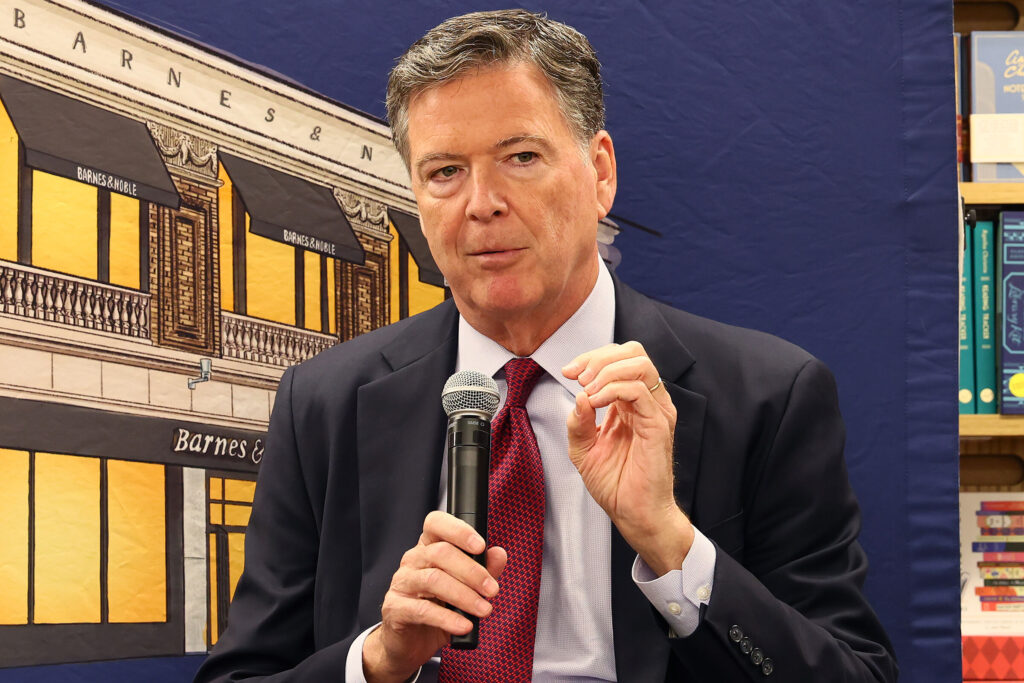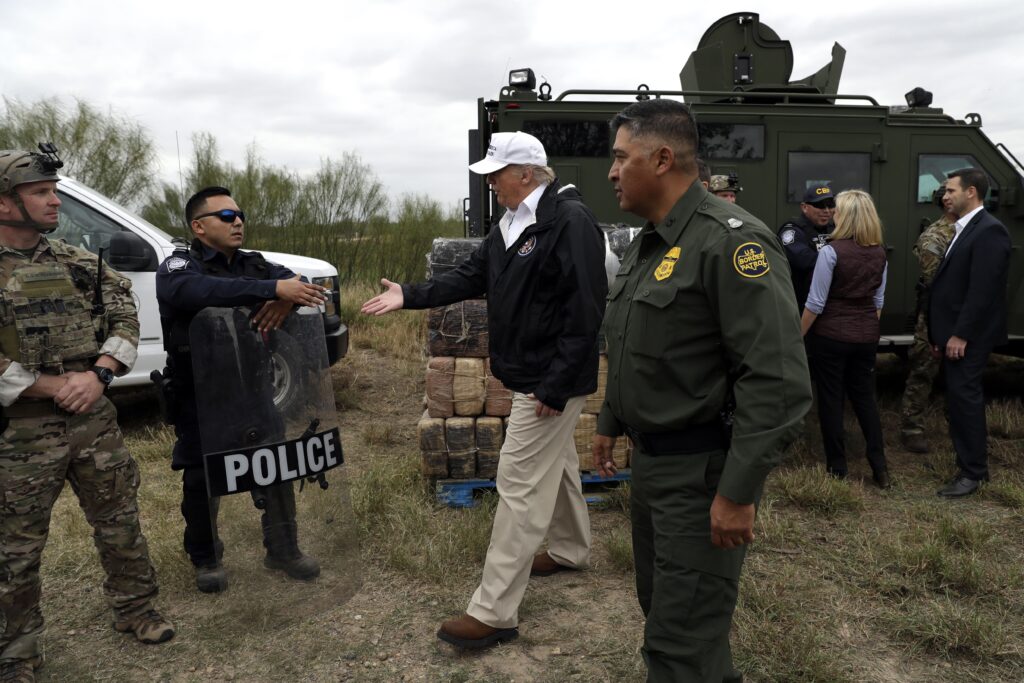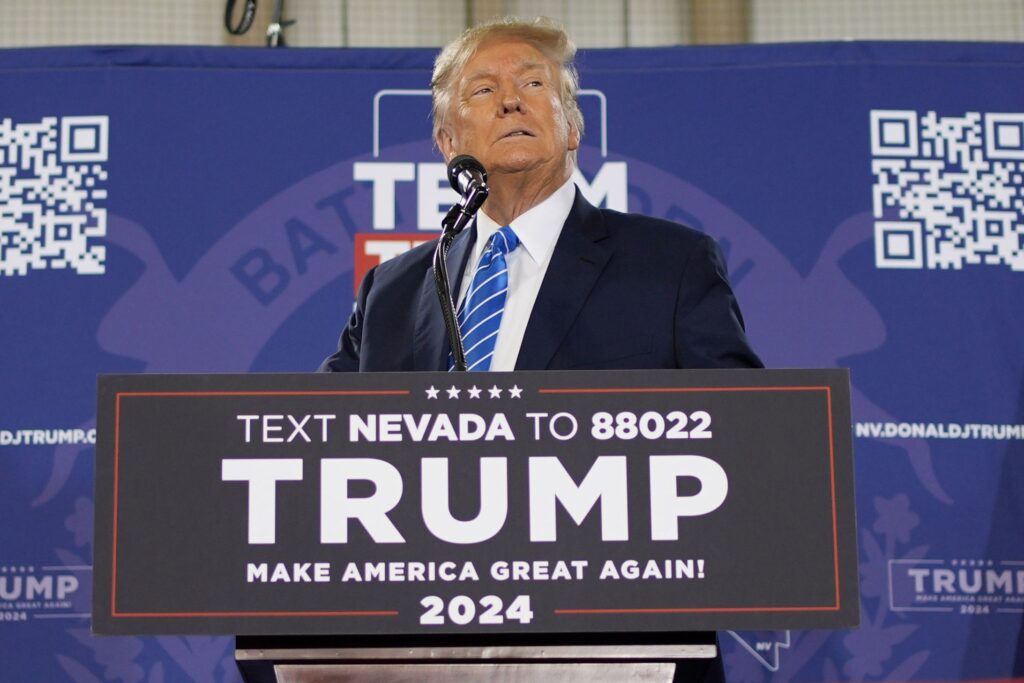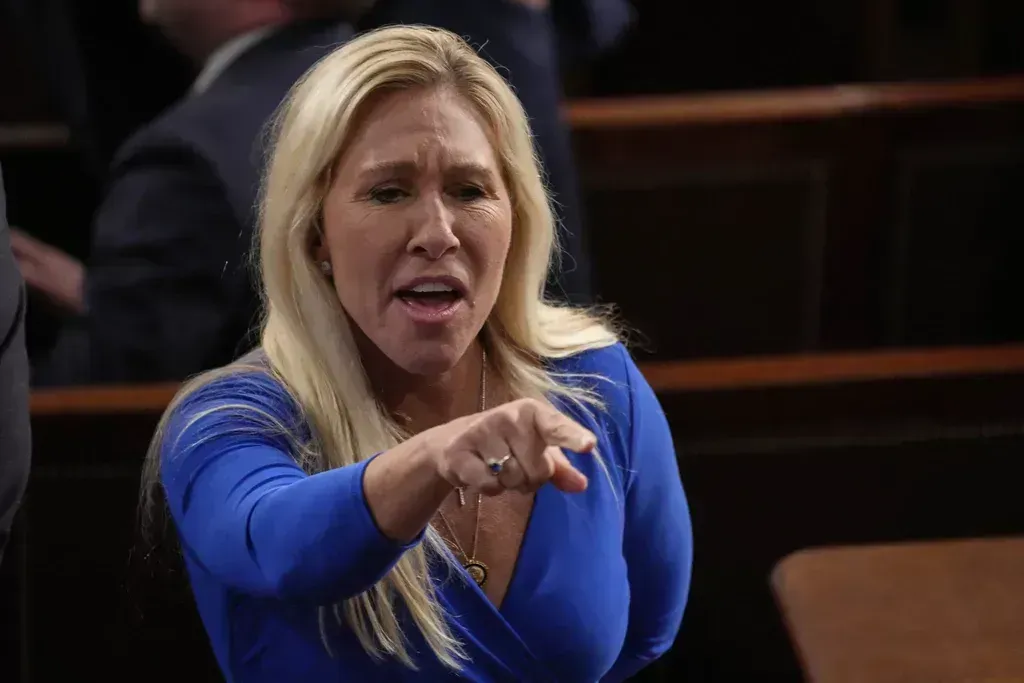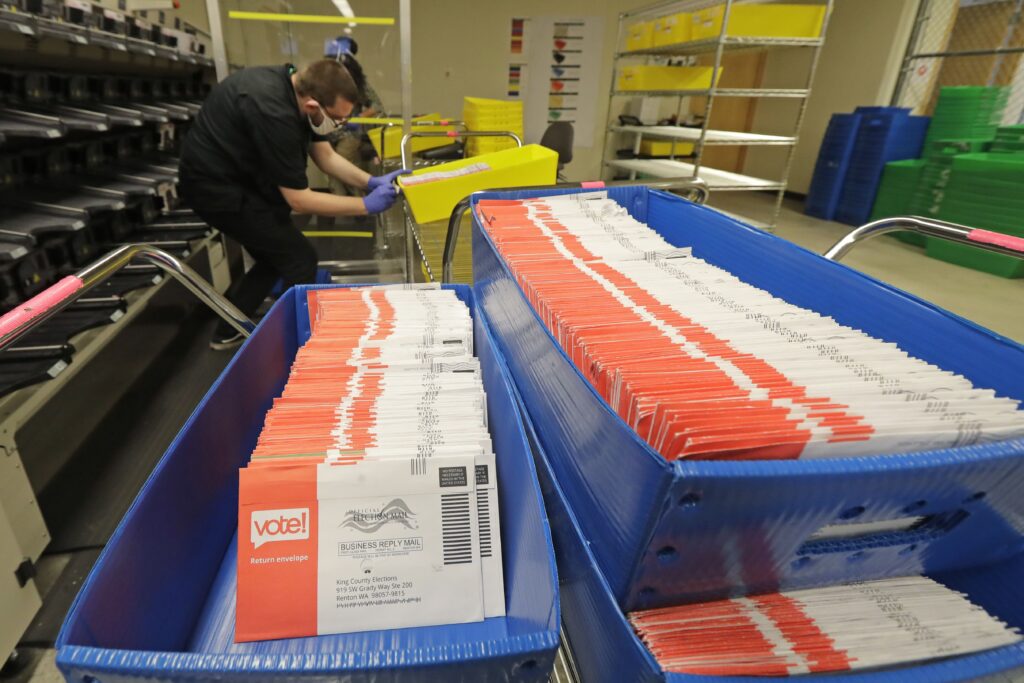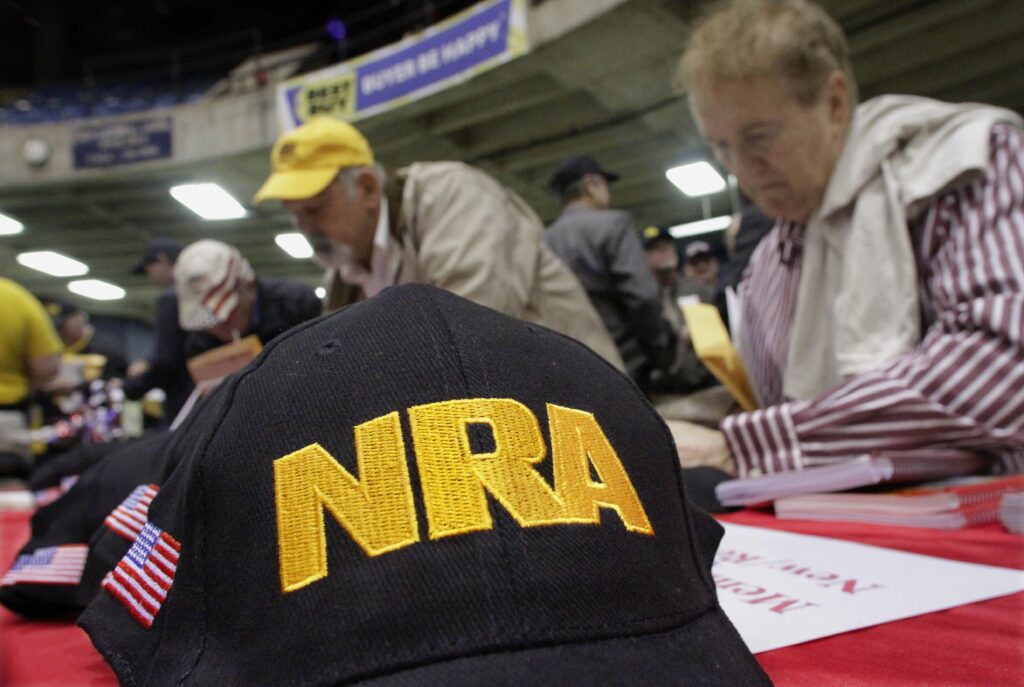Trump rolls out ‘red carpet’ for Saudi crown prince’s trip to the White House
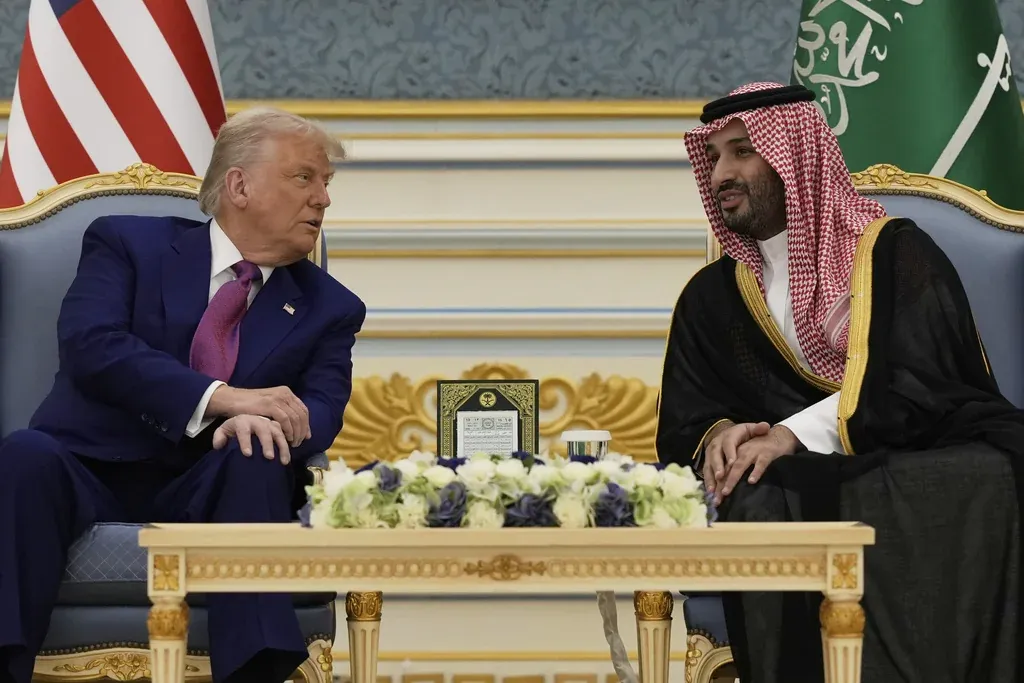
President Donald Trump is welcoming Saudi Crown Prince Mohammed bin Salman to the White House, years after former President Joe Biden promised to make him a pariah over his ordering the assassination of Washington Post columnist Jamal Khashoggi.
The remarkable about-face comes after Biden first started softening his approach to Saudi Arabia at the start of the Russia–Ukraine war in 2022 amid the pressure the conflict put on the world’s energy supply and the kingdom’s control of the Organization of the Petroleum Exporting Countries, with the pair famously fist-bumping later that year in Jeddah.
Years later, Bin Salman, who has been using Saudi Arabia’s resources to rehabilitate his and his kingdom’s image – for example, through what has become known as sportswashing with the LIV Golf League – ingratiated himself with Trump this spring during the president’s Middle East tour, Trump’s first overseas trip of his second presidency.
“This is a big deal because Prince Mohamed was not invited to the Biden White House and, worse, placed on a list of degraded leaders,” Council on Foreign Relations senior fellow Ed Husain told the Washington Examiner. “Now, a different American president is rolling out the American red carpet and thus bestowing honor and recognition of a future Saudi leader.”
For Husain, Bin Salman, Saudi Arabia’s de facto leader, prime minister and heir apparent to its throne as the seventh son of King Salman, “wants to project power back into his own population” with Tuesday’s meetings and pseudo-state dinner at the White House, in addition to returning home with “a new set of American-Saudi deals focused on security, trade, and technology.”
To that end, Trump and Bin Salman are expected to sign multiple agreements on Tuesday, most of which originated during Biden’s administration, covering the likes of mutual defense, nuclear, rare earths, mining, artificial intelligence, health, tourism, and investments.
Trump also confirmed on Monday that the U.S. will be selling Saudi Arabia F-35 supersonic stealth fighter jets, a potential reversal in U.S. foreign policy that protects Israel‘s “qualitative military edge” in the Middle East.
“We will be doing that. We will be selling F-35s,” the president told reporters in the White House’s Oval Office.
The U.S. and Saudi Arabia already signed in May what the White House described at the time as “the largest defense sales agreement in history,” worth almost $142 billion, providing Saudi Arabia with warfighting equipment, training, and services from more than a dozen American defense firms.
Trump on Tuesday will want to demonstrate “real gains” in U.S.-Saudi relations regarding investments in America, as his family’s companies explore business opportunities in “Syria, Gaza, and elsewhere,” not to mention the prospect of Saudi Arabia normalizing its respective relations with Israel through his first administration’s Abraham Accords, according to the Council on Foreign Relations’ Husain.
Heritage Foundation naval warfare and advanced technology senior research fellow Brent Sadler added Trump will likely seek Saudi Arabia’s assistance in rebuilding Gaza after the Israel-Hamas war.
Trump’s embrace of Saudi Arabia “completely reverses the China diplomacy orchestrated early in the Biden administration between Saudi Arabia and Iran, and puts the U.S. and Saudi Arabia on a strong bilateral course in the region,” Sadler, a Navy veteran and former Pentagon official, told the Washington Examiner.
“There are risks mostly with tech transfer (nuclear) and use of military gear (F-35) that complicates U.S. bilateral relations in the long-term, but these to my mind are lesser than the opportunity to secure Saudi Arabia’s participation in Abraham Accords and work with the U.S. across the region in common cause,” he wrote in an email.
Other risks, according to the Council on Foreign Relations’ Husain, a one-time adviser to former British Prime Minister Tony Blair, include an “unpredictable” Trump who “can go off-piste and neglect cultural points of protocol and embarrass the prince, who comes from a nation which places respect, honor, and dignity above all else.”
Hudson Institute senior fellow Bernard Haykel underscored how Trump is treating bin Salman’s trip to the U.S. as a “state visit,” despite the crown prince not being a head of state yet.
“Trump is in love with MBS because he thinks that the Saudis are, he remembers them from the 1970s as being extremely rich and he thinks that they’re going to invest hundreds of billions of dollars in the U.S. and buy all this material, both military and chips,” Haykel told the Washington Examiner. “For him, it’s like a goose that lays the proverbial golden egg.”
But Haykel was uncertain whether Saudi Arabia will keep the commitment it made in May to invest $600 billion in the U.S., including Saudi DataVolt investing $20 billion in American AI data centers and energy infrastructure and Shamekh IV Solutions, LLC investing $5.8 billion in, among other projects, an intravenous fluid facility in Michigan.
“Saudi Arabia has a very large population of 30-plus million people and while they have a lot of oil and a lot of revenue, they’re trying to diversify their economy and invest domestically so they don’t have money to throw around overseas,” he said. “[Trump] loves it because it makes great copy for the press and all that, but I don’t think they’re ever going to deliver on those promises.”
To Haykel’s point, part of that $600 billion commitment from Saudi Arabia does include the kingdom agreeing to purchase U.S. goods and services, as well as contributing to industry specific funds that benefit both countries.
The White House dismissed Haykel’s concerns, telling the Washington Examiner Trump “looks forward” to hosting bin Salman for “an official working visit.”
“Thanks to our dealmaker in chief, the United States secured $600 billion in historic investments during the president’s visit to Saudi Arabia earlier this year, and Americans can expect more good deals for our country spanning technology, manufacturing, critical minerals, defense, and more,” White House spokeswoman Anna Kelly said.
Against that backdrop, Trump has sought to reset U.S.-Saudi relations as, in Haykel’s words, “an interest-based foreign policy person,” not “a values-based foreign policy person.”
“Before our eyes, a new generation of leaders is transcending the ancient conflicts and tired divisions of the past, and forging a future where the Middle East is defined by commerce, not chaos,” Trump told the U.S.-Saudi Investment Forum in May during his Middle East trip.
“In the end, the so-called ‘nation-builders’ wrecked far more nations than they built — and the interventionists were intervening in complex societies that they did not even understand themselves,” he continued. “Far too many American presidents have been afflicted with the notion that it’s our job to look into the souls of foreign leaders and use U.S. policy to dispense justice for their sins.”
Trump has been criticized for not confronting Bin Salman over his human rights record, including his ordering the 2018 assassination of Jamal Khashoggi, a U.S. resident, in the Saudi consulate in Istanbul.


